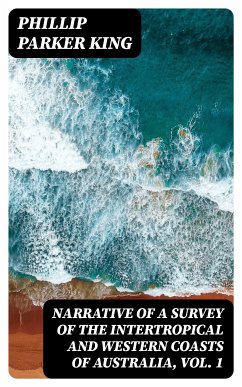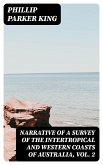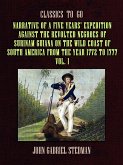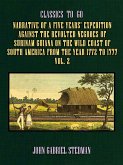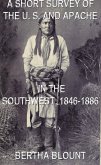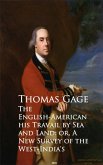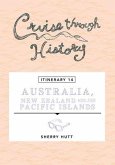Phillip Parker King's 'Narrative of a Survey of the Intertropical and Western Coasts of Australia, Vol. 1' is a seminal work in the field of maritime exploration and geography. Written in the early 19th century, King's narrative provides a detailed account of his surveying expeditions along the Australian coasts, offering valuable insights into the geography, flora, fauna, and indigenous peoples of the region. The book is characterized by its precise descriptions, meticulous observations, and engaging storytelling, making it a significant contribution to the literature of exploration and discovery during the age of European expansionism. King's narrative serves as a primary source for scholars studying Australian history, geography, and maritime exploration during the early 1800s. His firsthand experiences and detailed observations provide a rich and informative resource for understanding the cultural and natural landscapes of Australia during this period. I recommend 'Narrative of a Survey of the Intertropical and Western Coasts of Australia, Vol. 1' to readers interested in Australian history, maritime exploration, and the intersection of culture and geography in the early 19th century.
Dieser Download kann aus rechtlichen Gründen nur mit Rechnungsadresse in A, B, BG, CY, CZ, D, DK, EW, E, FIN, F, GR, H, IRL, I, LT, L, LR, M, NL, PL, P, R, S, SLO, SK ausgeliefert werden.

